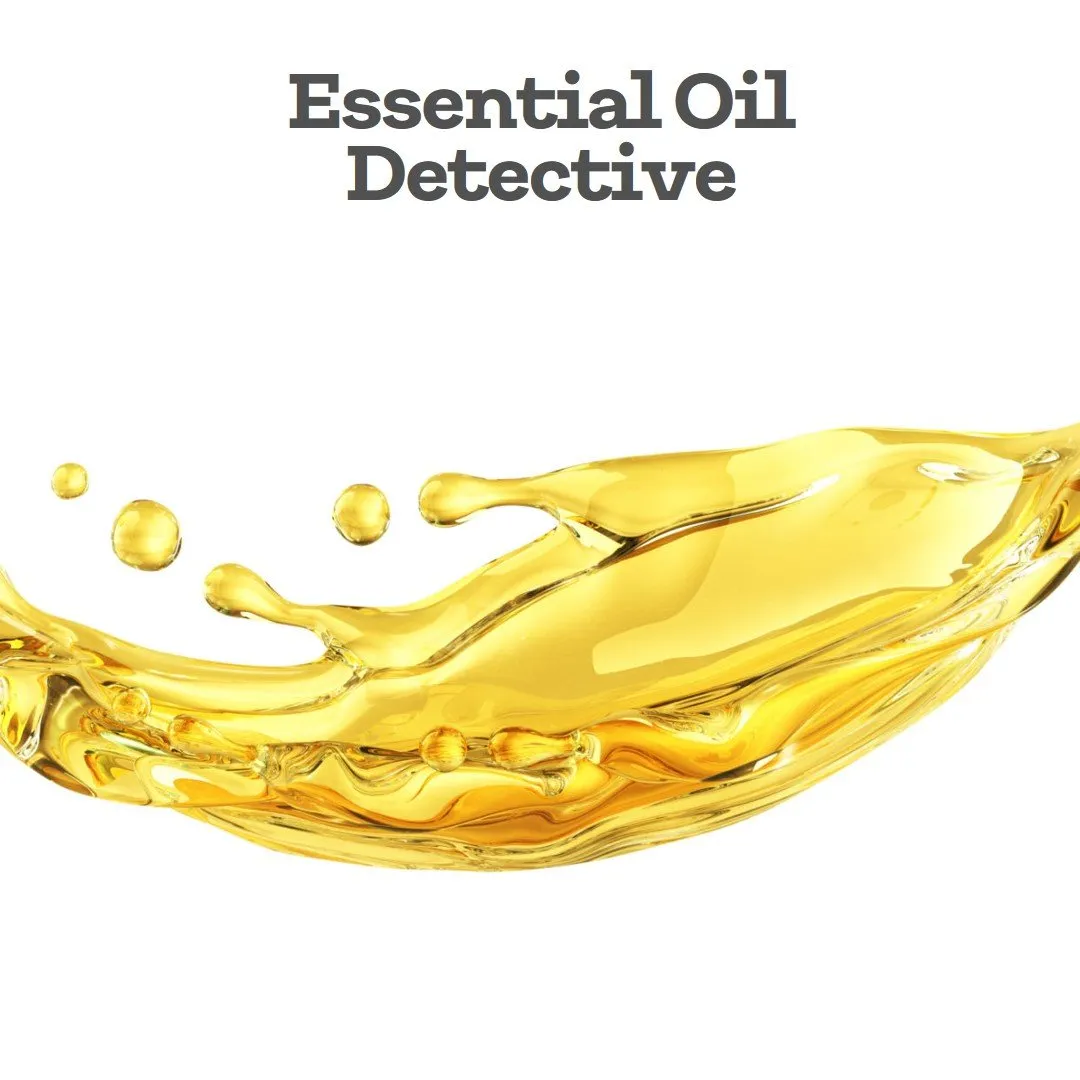Embrace the Power of Scent: A Journey to Becoming an Aromatherapist
Are you captivated by the enchanting scents of essential oils and their potential to support holistic well-being?
If so, you may want to consider embarking on a journey to become an aromatherapist.
Aromatherapy is a fascinating field that combines the art of scent with the science of therapeutic plant extracts.
In this blog post, you'll explore the path to becoming an aromatherapist, the skills and knowledge required, and the rewarding opportunities that lie ahead.
Understanding Aromatherapy

Aromatherapy is the practice of using essential oils to enhance physical, emotional, and spiritual well-being.
As an aromatherapist, you'll learn to harness the power of aromatic plant extracts to promote balance and healing.
This field integrates principles of botany, chemistry, and holistic wellness, allowing you to develop a comprehensive understanding of essential oils and their applications.
Education and Training
To become an aromatherapist, it's crucial to acquire a solid foundation of knowledge and skills.
Consider pursuing formal education and training programs that offer in-depth coursework on essential oils, their chemistry, therapeutic properties, safety guidelines, and blending techniques.
Look for reputable schools, institutes, or online programs that are accredited and led by experienced aromatherapists.
Hands-On Experience

Practical experience is invaluable in the journey to becoming an aromatherapist.
Seek opportunities to work with essential oils, such as volunteering at wellness centers, spas, or natural health clinics.
Engage in case studies, participate in workshops, and conduct experiments to deepen your understanding of essential oils' effects on various conditions and individuals.
Safety and Ethics
Ethics and safety are fundamental in aromatherapy practice.
As an aromatherapist, you'll learn the importance of properly diluting essential oils, conducting client assessments, and ensuring their safety and well-being.
Understand contraindications, potential sensitivities, and interactions with medications.
Adhere to ethical guidelines, maintain client confidentiality, and stay updated on industry standards and best practices.
Continuing Education
The field of aromatherapy is ever-evolving, and it's essential to stay current with the latest research, advancements, and discoveries.
Engage in continuous learning through seminars, conferences, webinars, and professional memberships.
Seek out mentors or join associations like the National Association for Holistic Aromatherapy (NAHA) or the Alliance of International Aromatherapists (AIA) to connect with like-minded professionals and access valuable resources.
Career Opportunities
As an aromatherapist, you can explore various career paths.
Consider private practice, offering consultations, personalized blends, and aromatherapy treatments.
Work alongside healthcare professionals, massage therapists, or wellness centers.
You may also find opportunities in product development, research, education, writing, or becoming a speaker or workshop facilitator.
Becoming an aromatherapist opens a world of sensory exploration and healing possibilities. It requires dedication, ongoing education, and a genuine passion for the transformative power of essential oils.
As you embark on this rewarding journey, immerse yourself in the science and art of aromatherapy, prioritize safety and ethics, and continually expand your knowledge base.
Embrace the opportunity to positively impact others' lives by harnessing the scents of nature, and embark on a fulfilling career as an aromatherapist.
